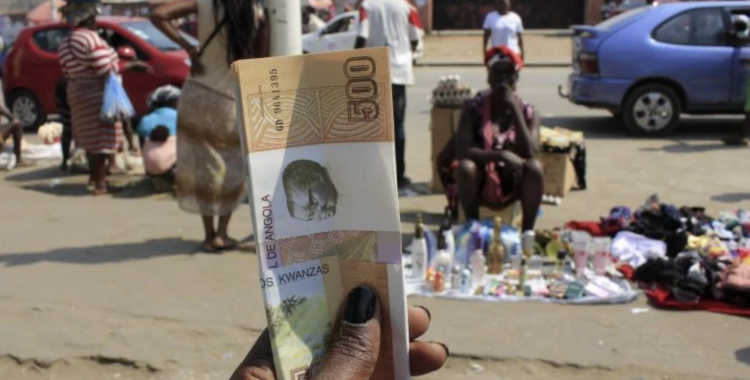"Sub-Saharan African central banks are unlikely to follow interest rate cuts enacted by their emerging market peers in the near future; with inflation falling more slowly, along with balance of payments and debt pressures, interest rates should remain higher for longer", analysts write in a note on the monetary policy of the main African markets.
In the analysis, sent to investors and to which Lusa had access, Capital Economics writes that "Angola and Nigeria will have to tighten monetary conditions even further" and add that it is possible for the reference interest rate to reach 30 percent in the next months.
Inflation 'turned the page' in much of the region, reaching 17.1 percent in December last year, the highest level since the 1990s, having fallen to 16.1 percent in August, but since then the slowdown in the rise has been moderate, which has led central banks to lower interest rates more timidly than their emerging market partners.
"Of all the African central banks, only Uganda has cut the interest rate in recent months, when it cut 0.5 points in July", analysts recall, pointing to South Africa, Kenya and Ghana as the likely first to lower the cost of money.
"Angola and Nigeria are different, as inflation is expected to accelerate in 2024, which means that the focus of monetary policy in these two countries will be on tightening conditions," says Capital Economics, explaining that "this is the result of changes policies that began this year, namely the cut in fuel subsidies and the devaluation of currencies, are pushing inflation, which is expected to rise to 25 to 30 percent in the coming months".
So far, according to Capital Economics, "monetary policy decisions in these two countries have been timid, but this should have to change, with an increase of around 3 percentage points by the end of the year".
The risk, they conclude, "is that both central banks will continue to disappoint, making the rise in inflation even more severe".
According to the most recent data, Angola recorded inflation of 15.01 percent in September, 3.15 percentage points less than that observed in the same period of 2022, reveals the National Consumer Price Index (IPCN), released in mid-October.
In Nigeria, the latest data points to a rise in inflation to 26.72 percent in September compared to the same period last year, the highest level in the last two decades, with the rise in food prices being 30.64 percent.
Rising prices are a concern in this African region, with the International Monetary Fund (IMF) considering, in the latest report on the region, that "in many cases inflation is still too high, public financing costs are still high, Currency pressures persist, energy prices remain volatile and political instability remains a concern".
In the Regional Economic Outlook for Sub-Saharan Africa report, the IMF presents four policy priorities for African governments: stopping monetary policy tightening where inflation is declining, reducing debt vulnerabilities, and simultaneously creating space for expenditure development, allow exchange rate depreciation whenever necessary and invest in the future", namely by investing more in education and ensuring efficient management of natural resources.







